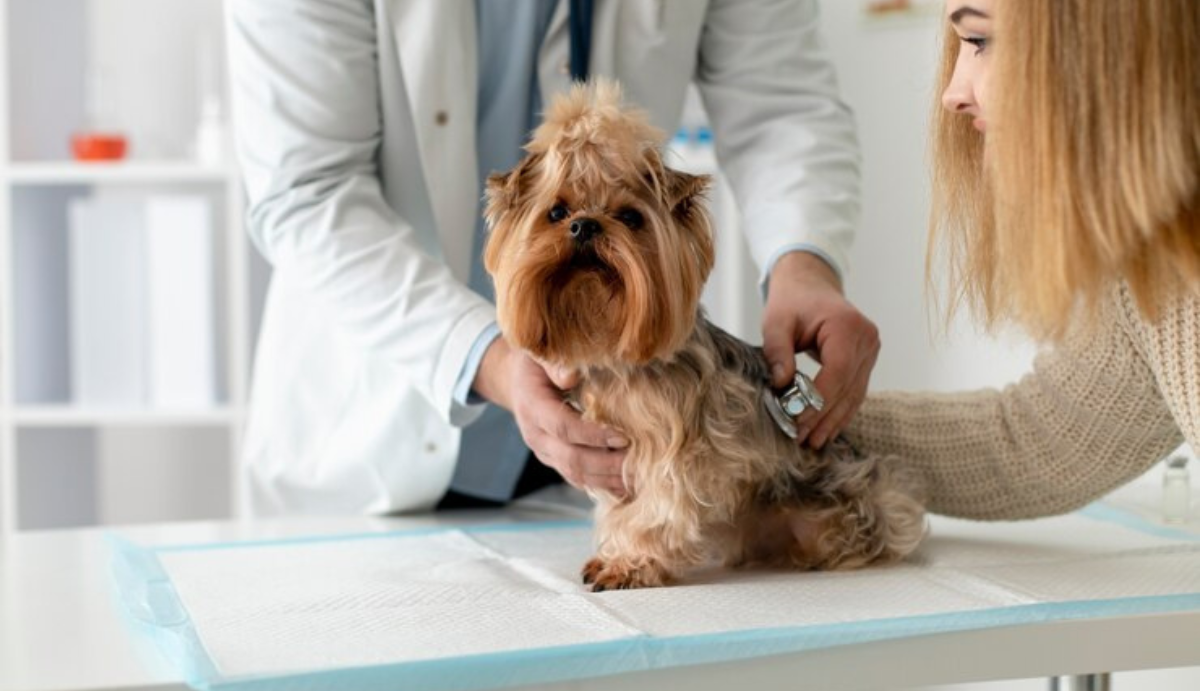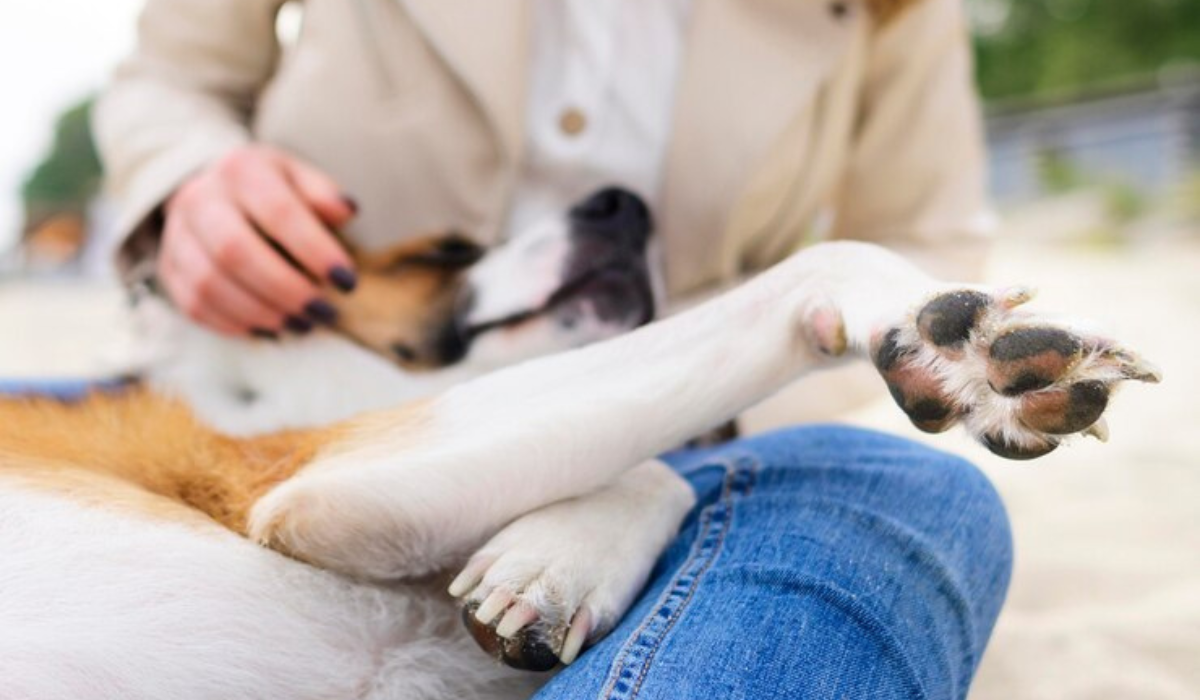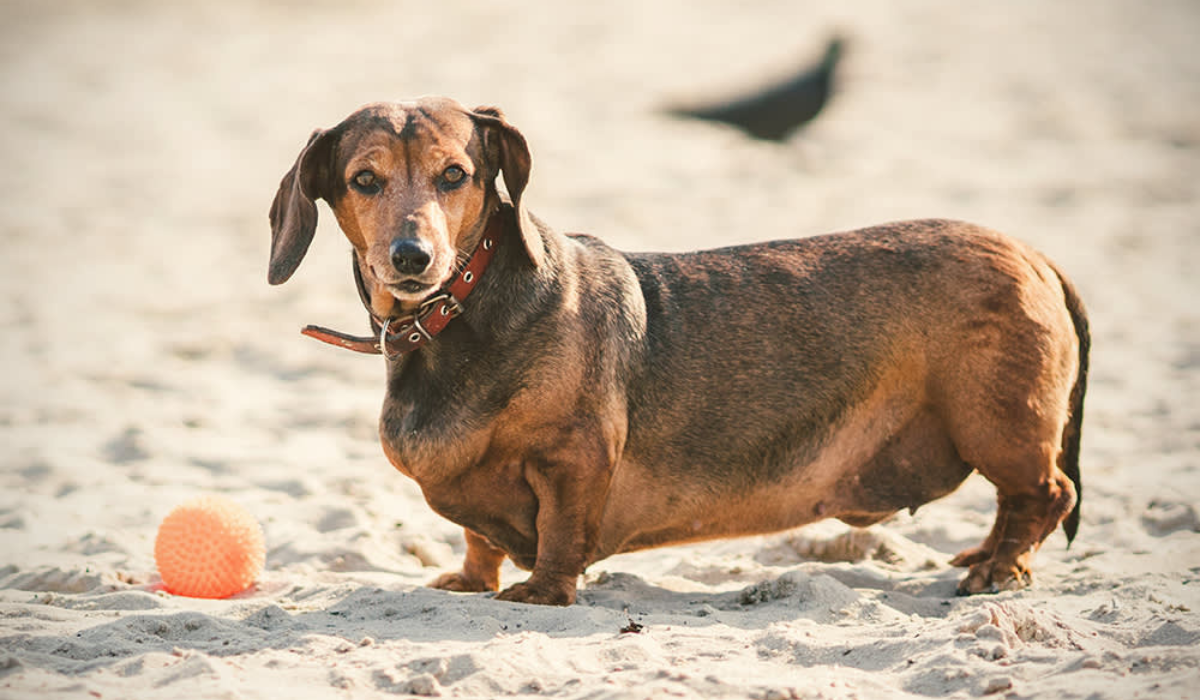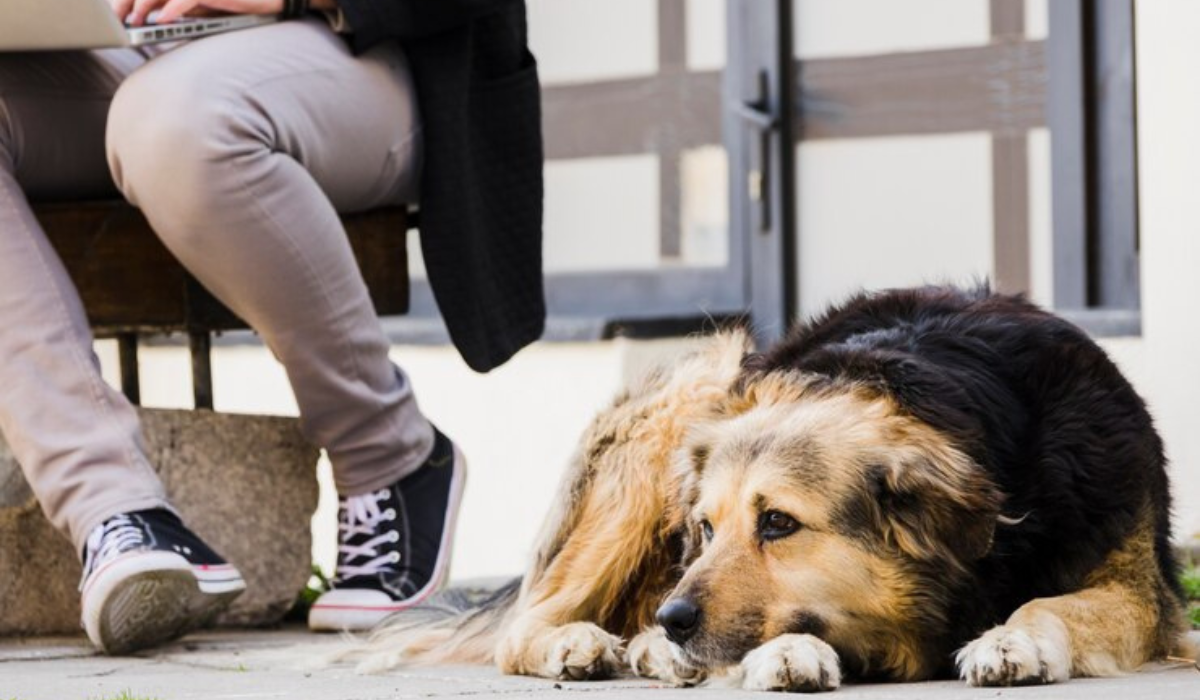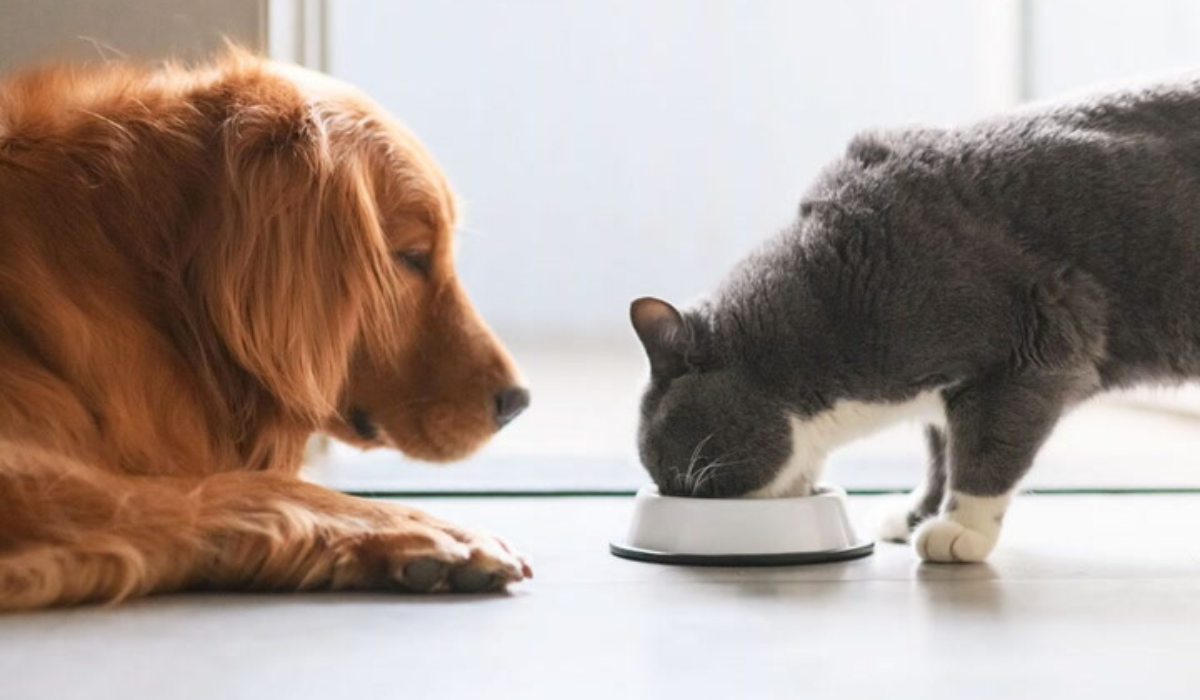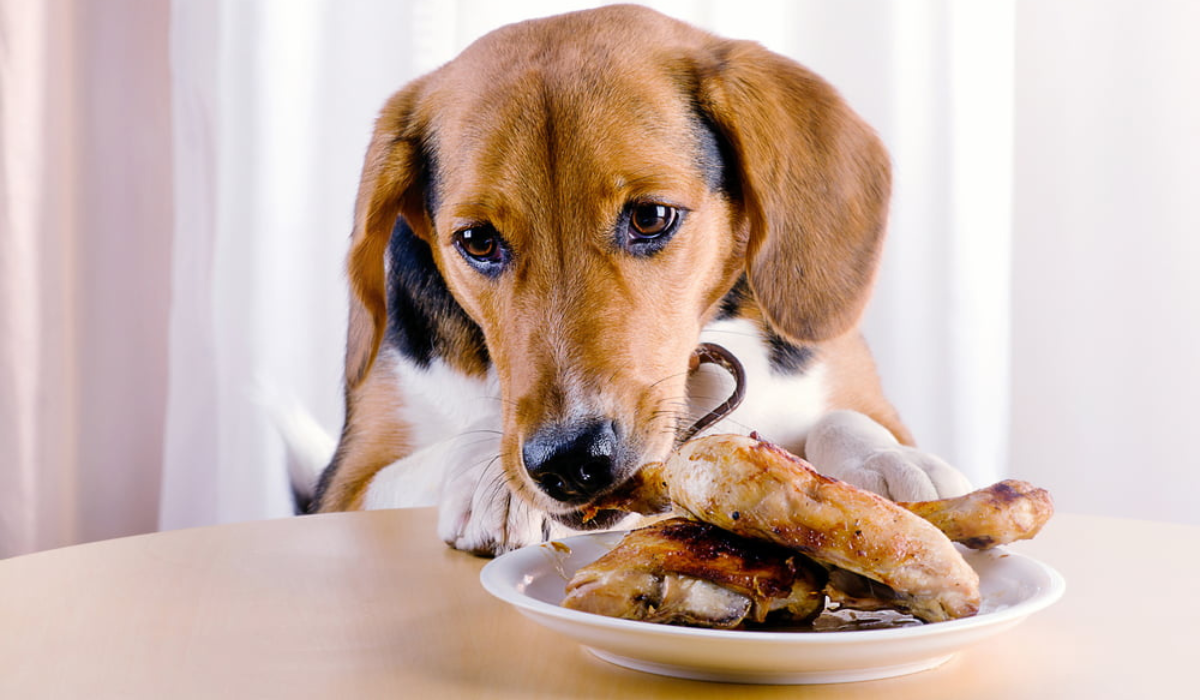The growing problem of pet obesity is a major concern for all pet owners. Understanding pet obesity as devoted caregivers is essential to ensure that our furry friends live healthy, happy lives. Here are eight facts that you should know about pet obesity. This includes both cats and dogs.
-
Obesity in pets:
- The Association for Pet Obesity Prevention published shocking statistics in 2018, revealing that 55.8% and 59.5% respectively of cats were overweight or obese.
- This alarming trend highlights the need for increased awareness and preventative measures to curb the increasing prevalence of pet obesity.
-
Obesity and Health Issues
- Weight gain in pets can cause mobility issues, arthritis and joint pain.
- Obesity can cause serious health problems for cats and dogs, including diabetes, respiratory distress and heart disease.
- Obesity in pets is associated with a shorter lifespan compared to healthier pets.
-
Obesity and its financial implications:
- The cost of managing obesity-related diseases is substantial, both in terms time and money.
- Diabetes requires ongoing management, which includes insulin, veterinary care, and monitoring.
- The hidden costs of obesity-related diseases are significant, and can have a dramatic impact on the pet owner’s wallet.
-
Obesity Awareness:
- Obesity in pets is difficult to detect due to the normalization of obesity in society.
- Obesity is a problem that pet owners tend to overlook.
-
Exercise Requirements:
- Exercise is essential for the mental and physical health of your pet.
- A daily exercise program for dogs, which includes walks and interactive games, is tailored to the breed, age and general health of each dog.
- Short bursts that are engaging and stimulate their instincts to hunt will make cats thrive.
-
Treat Calories Count:
- In order to prevent obesity, it is important to achieve a caloric equilibrium. This means that you must carefully consider both the calories consumed and those burned.
- The daily caloric intake of pets should not exceed 10%. Calculating the appropriate allowances requires collaboration with veterinarians.
-
Combating Pet Obesity:
- Early detection and intervention is possible with regular veterinary wellness examinations.
- For weight loss to be effective, it is important to have an open discussion with your veterinarian about your current diet and physical activity habits.
- To combat obesity in pets, weight loss plans guided by veterinarians emphasize increased exercise, controlled diet intake, and monitoring waistlines.
Pet obesity is a costly and prevalent issue that affects both cats and dogs. Understanding pet needs, addressing predispositions of breeds, maintaining regular routines and choosing appropriate foods are all crucial steps to preventing and managing obesity in pets. Regular veterinary examinations are crucial for early detection and intervention. Prioritizing the health of a pet not only improves its quality of life, but also reduces financial burdens for pet owners.

